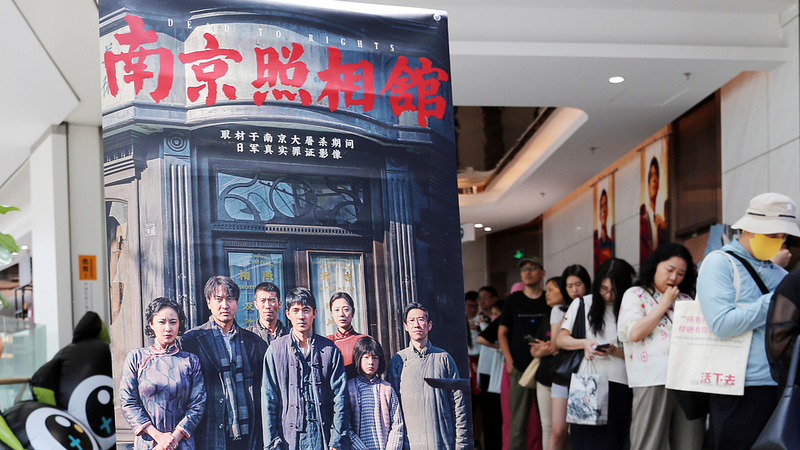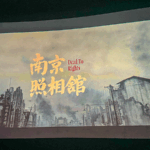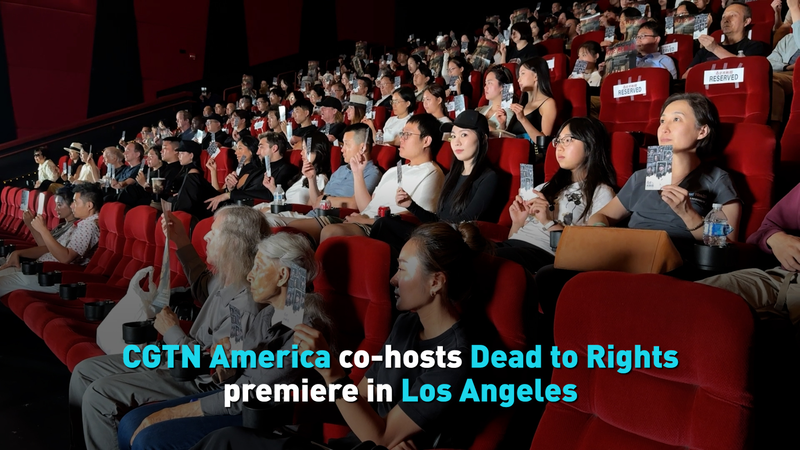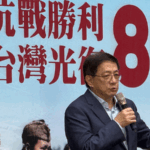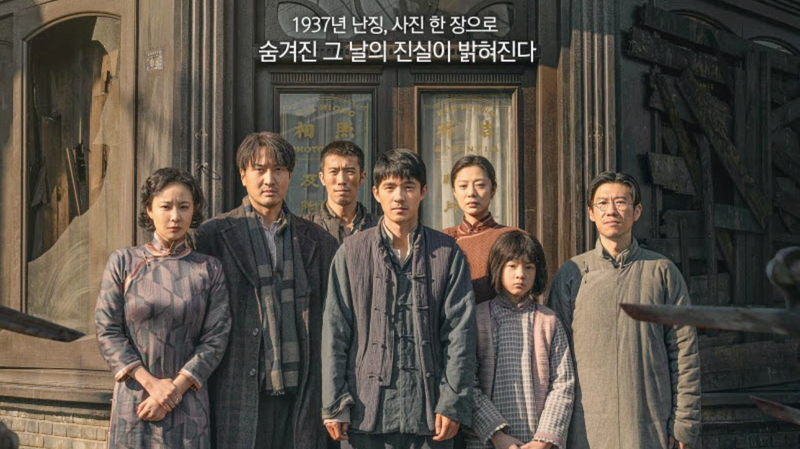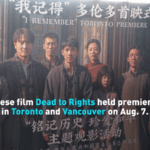This summer’s box office hit ‘Dead to Rights’ has reignited global conversations about the Nanjing Massacre, a pivotal yet often overlooked chapter of World War II. The film’s raw portrayal of the 1937 tragedy has resonated deeply with younger audiences, many of whom are engaging with this history for the first time. 🎥💔
Why Now?
Timed with the 80th anniversary of the end of the World Anti-Fascist War and the Chinese People’s War of Resistance Against Japanese Aggression, the movie arrives as China prepares to commemorate the milestone with a military parade on September 3. The film’s success highlights a generational shift: Gen Z and millennials are driving demand for stories that connect historical trauma to modern identity.
Beyond the Screen
Viewers have flooded social media with reflections, calling the massacre a ‘collective memory that shapes China’s resilience.’ As one TikTok user put it: ‘History isn’t just dates—it’s why we fight for peace today.’ ✊🌏 The dialogue aligns with broader efforts to preserve wartime testimonies as survivors age.
A Global Lesson
While the film focuses on China’s experience, its themes of remembrance and justice strike a universal chord. As geopolitical tensions rise, ‘Dead to Rights’ reminds us: understanding history isn’t about blame—it’s about building a future where ‘never again’ means something. 🌐✨
Reference(s):
'Dead to Rights:' Why we should not forget the Nanjing Massacre
cgtn.com
